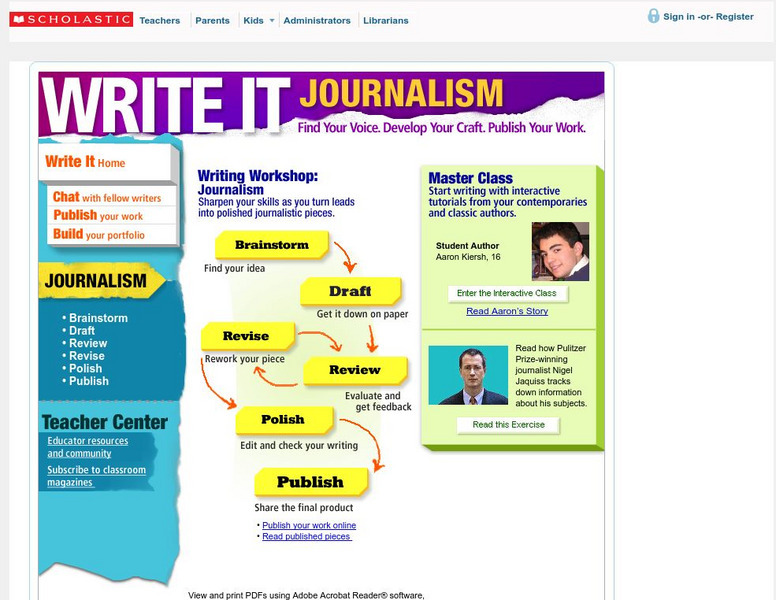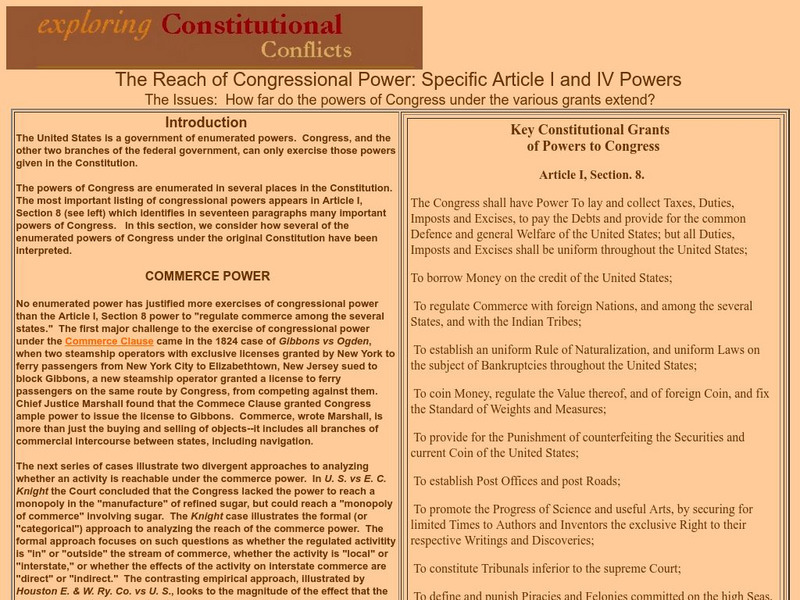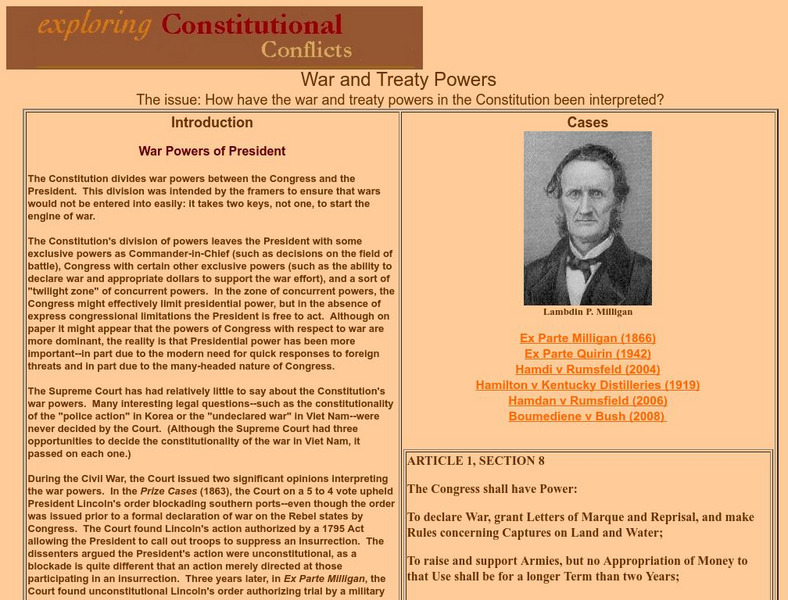Teacher Web
1920's Magazine
What a creative and engaging project to incorporate into your studies of the 1920s! Your young historians will work in groups to design a magazine discussing the political and cultural topics of the decade, each member writing one...
What So Proudly We Hail
The Meaning of America: National Identity and Why It Matters
Combining a close reading of a classic American text with the study of history can be a very powerful strategy, and this is most certainly the case with this resource using Edward Everett Hale's The Man without a Country. Consider themes...
NPR
Same-Sex Marriage
The battle over same-sex marriage is a prevalent issue in the United States, and a valuable topic to be discussed in your social studies classroom. Here is a basic outline of introductory questions, focus questions, vocabulary, and media...
What So Proudly We Hail
The Meaning of America: Equality
What if society sought equality by handicapping the gifted and dispelling any traces of diversity? Kurt Vonnegut Jr. offers one possible answer to this question through his incredibly engaging and thought-provoking satirical...
Digital History
Compensation for Slavery
Should Americans provide compensation to those whose ancestors suffered from slavery? Read and analyze the arguments of two modern-day journalists on the topic. Then, have a discussion on both the merits of the arguments as well as what...
American Library Association
Creating 21st Century Superheroes
Create 21st century learners by utilizing technology and library databases. Scholars explore the concept of comic books as literature and create a superhero who could uniquely solve a 21st century global issue. Databases such as SIRS are...
Center for History Education
The Iran Hostage Crisis
While the Iranian Hostage Crisis was a watershed moment, few history classes take on the complex series of events leading up to it. Using declassified documents, including a hostage's diary, young historians create their own reports to...
Center for History Education
Debating Social Security: Understanding and Evaluating the Social Security Act of 1935
With throngs of Americans out of work and hungry, Franklin D. Roosevelt made the bold move to establish a social safety net with programs such as Social Security. The move was—and still is—controversial. Using documents from the 1930s,...
Center for History Education
The Freedmen's Bureau: Success or Failure?
What is freedom? The United States grappled with the question at the end of the Civil War after four million enslaved people were freed. Using circulars and images from the Reconstruction period, individuals examine how successful the...
Center for History Education
Daily Lives of Slaves - What Really Happened?
The stories of enslaved people are preserved forever thanks to the Great Depression. Budding historians explore slave narratives gathered by a federal government initiative to discover what life was actually like for enslaved people....
National Endowment for the Humanities
Creating the Office of the Presidency
The United States needed an executive power, but it wanted to avoid a monarchy. Using James Madison's notes on the Constitutional Convention, young historians look at the juggling act the Founding Fathers did to create a role for the...
National Endowment for the Humanities
The Question of Representation at the 1787 Convention
While the Constitution is considered enshrined today, its current form is the result of haggling at a secret convention in 1787. Using transcripts from the meetings and various plans as drafted by the delegates, class members unpack the...
Constitutional Rights Foundation
What Should the US Do About North Korea's Nuclear Weapons?
North Korea, a shadowy nation distrustful of America, is working on a nuclear weapons program. What should the United States do? The question has plagued American presidents for years, but now young scholars get to make their...
iCivics
DBQuest: The Nashville Sit-In Movement
What was it like to be a part of the sit-ins during the Civil Rights Movement? Learners consider the question and whether the protests were effective using an online documents-based investigation. The program allows for virtual...
Cornell College
Dred Scott v. Sandford Supreme Court Decision
Dred Scott was a harbinger of the Civil War. An enslaved man claimed freedom because his owner had taken him into free territory. Not only did the Supreme Court rule that Dred Scott and his wife were to remain enslaved, but it also ruled...
Curated OER
Centers of the Storm: The Lyceum and the Circle at the University of Mississippi
Greek Revival architecture and the Civil Rights Movement? Sure! Examine how the Lyceum and Circle, two historic buildings located on the campus of the University of Mississippi, relate to integration and the 1962 riot on the university...
Curated OER
The Spread of Enlightenment Ideas
Looking for a simple and straightforward reference on the Enlightenment for your young historians? Check out this list of key terms and important figures from the period, followed by a traditional assessment where your learners will be...
National Endowment for the Humanities
Chinua Achebe's Things Fall Apart: Oral and Literary Strategies
Readers are first introduced to Chinua Achebe's Things Fall Apart by making a map of Africa. They will better understand the novel's historical and literary contexts, European and African literary traditions, and how historical events...
Library of Congress
Loc: American Memory: A Century of Law Making for a New Nation
This site provides a collection of U.S. Congressional documents and debates from 1774 to 1873.
Library of Congress
Loc: Thomas: Legislative Information
This retired site captures historical legislative activity that includes bill summary and status, bill text, public laws by law number, most recent issue, roll-call votes, committee reports, house committees, and senate committees.
Georgia Department of Education
Ga Virtual Learning: Web Site Evaluation Rubric [Pdf]
This is a two-page PDF of a rubric to use in the evaluation of websites in the quest for credible websites for research purposes. RI.11-12.7 Eval Different Media/format
Scholastic
Scholastic: Write It: Journalism
This workshop launches will launch students into the writing process. Read advice from Pulitzer Prize winning journalist Nigel Jaquiss, and read work from other students. The Sandwich Critique is an excellent way to peer review. Finally,...
University of Missouri
Exploring Constitutional Conflicts: The Reach of Congressional Power
Read about the privileges and powers exercised by Congress from a constitutional law perspective. Includes examples of many cases which have tested the limits of Congressional power in the history of the United States. Many links to...
University of Missouri
Exploring Constitutional Conflicts: War and Treaty Powers
War and treaty powers are given to both the President and Congress. How have these powers in the Constitution been interpreted? Here's an easy-to-understand guide along with examples of various cases, Articles I and II, and questions at...








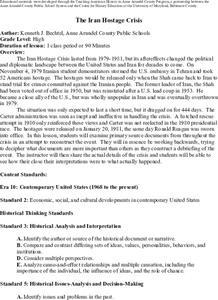





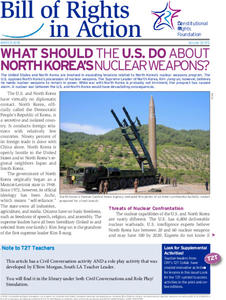





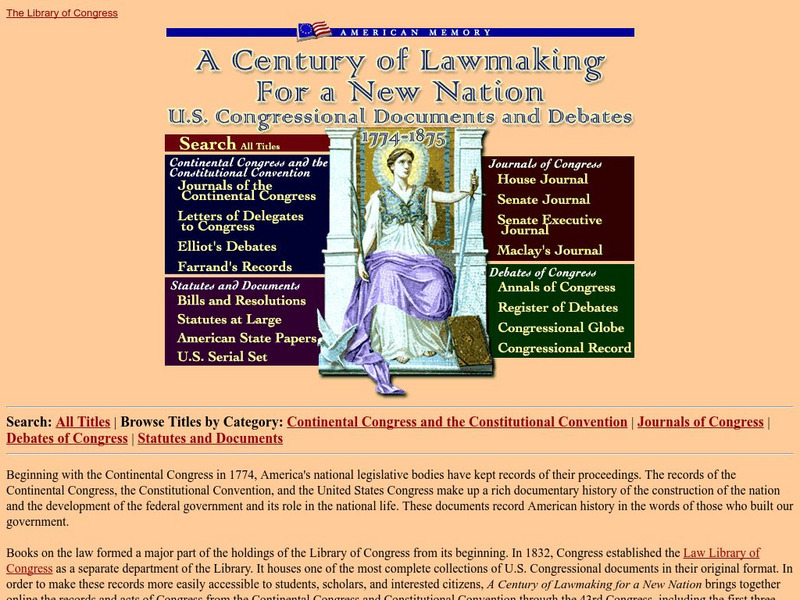
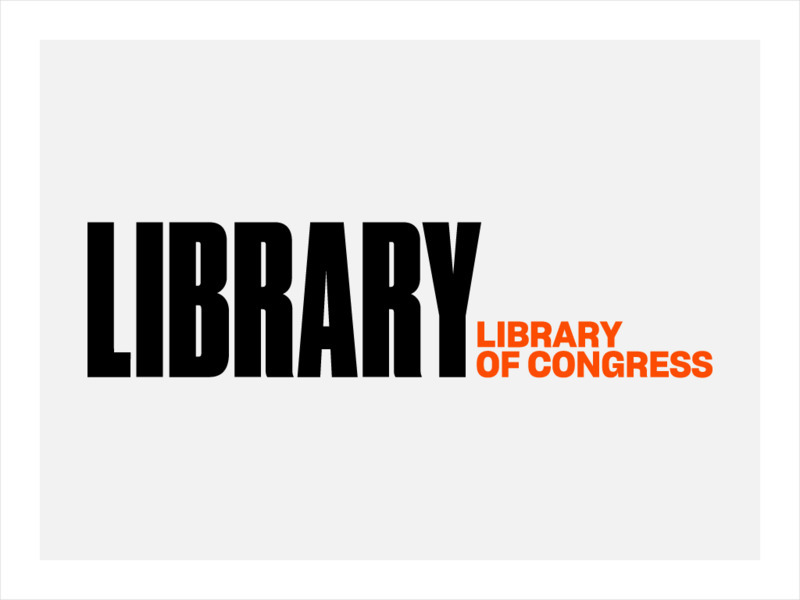
![Ga Virtual Learning: Web Site Evaluation Rubric [Pdf] Rubric Ga Virtual Learning: Web Site Evaluation Rubric [Pdf] Rubric](https://d15y2dacu3jp90.cloudfront.net/images/attachment_defaults/resource/large/FPO-knovation.png)
